- Home | Industry Update | Government Opens Fabric Gateways For Textile Hubs With Mip R...
Government Opens Fabric Gateways For Textile Hubs With Mip Relief

In a progressive move to support India’s textile ecosystem, the government has lifted the minimum import price (MIP) barrier of $3.5 per kg on select synthetic knitted fabrics, specifically for advance authorisation holders, export-focused units, and enterprises within special economic zones. The decision, declared by the Directorate General of Foreign Trade (DGFT), aims to enhance operational flexibility and global competitiveness for these key production centres.
This step arrives as a strategic relief for textile manufacturers, especially those working under global commitments and stringent delivery timelines. By exempting these units from MIP restrictions, the policy encourages smoother procurement of essential inputs, allowing manufacturers to produce high-quality products without being hindered by price thresholds.
Between April and January of the current fiscal year, imports of the mentioned synthetic knitted fabrics touched $223 million. The MIP tool, which typically prevents the influx of low-cost imports to shield domestic industries, had posed challenges for units focused on export excellence and integrated production models. Now, with the exemption in place, these players can better align input costs with international benchmarks.
The DGFT notification highlights the government’s recognition of the evolving demands of export-led and zone-based industries. With this move, textile units operating within special economic zones, or under export obligations, are likely to find renewed strength in their sourcing strategies. The exemption enables them to compete more effectively in the global market, where fabric quality, sourcing agility, and cost efficiency play a pivotal role.
This policy change not only reflects a thoughtful alignment with economic realities but also reinforces India’s long-term vision of becoming a textile powerhouse. By opening fabric flows and nurturing productive ecosystems, the country stitches another layer of support into its rich and vibrant textile story.
04:43 PM, Apr 24
Source : Government Opens Fabric Gateways For Textile Hubs With Mip Relief
Other Related Topics

.webp)
US–Bangladesh Tariff Pact Brings Fresh Momentum to Garment Exports
04:08 PM, Feb 10Industry Update

Kolkata Set to Become Textile Sourcing Hub as YARNEX and TEXINDIA Return in January 2026...view more

Carrington Textiles Introduces Defence Stock Range for Faster Access to Military Fabrics...view more



.webp)
.webp)

1.webp)

1.webp)
1.webp)


1.webp)
1.webp)


1.webp)


1.webp)
1.webp)









1.webp)

1.webp)





1.webp)


1.webp)
1.webp)
1.webp)

1.webp)
1.webp)

1.webp)



1.webp)
1.webp)
1.webp)
1.webp)
1.webp)
1.webp)

1.webp)

1.webp)
1.webp)




1.webp)




1.webp)






1.webp)
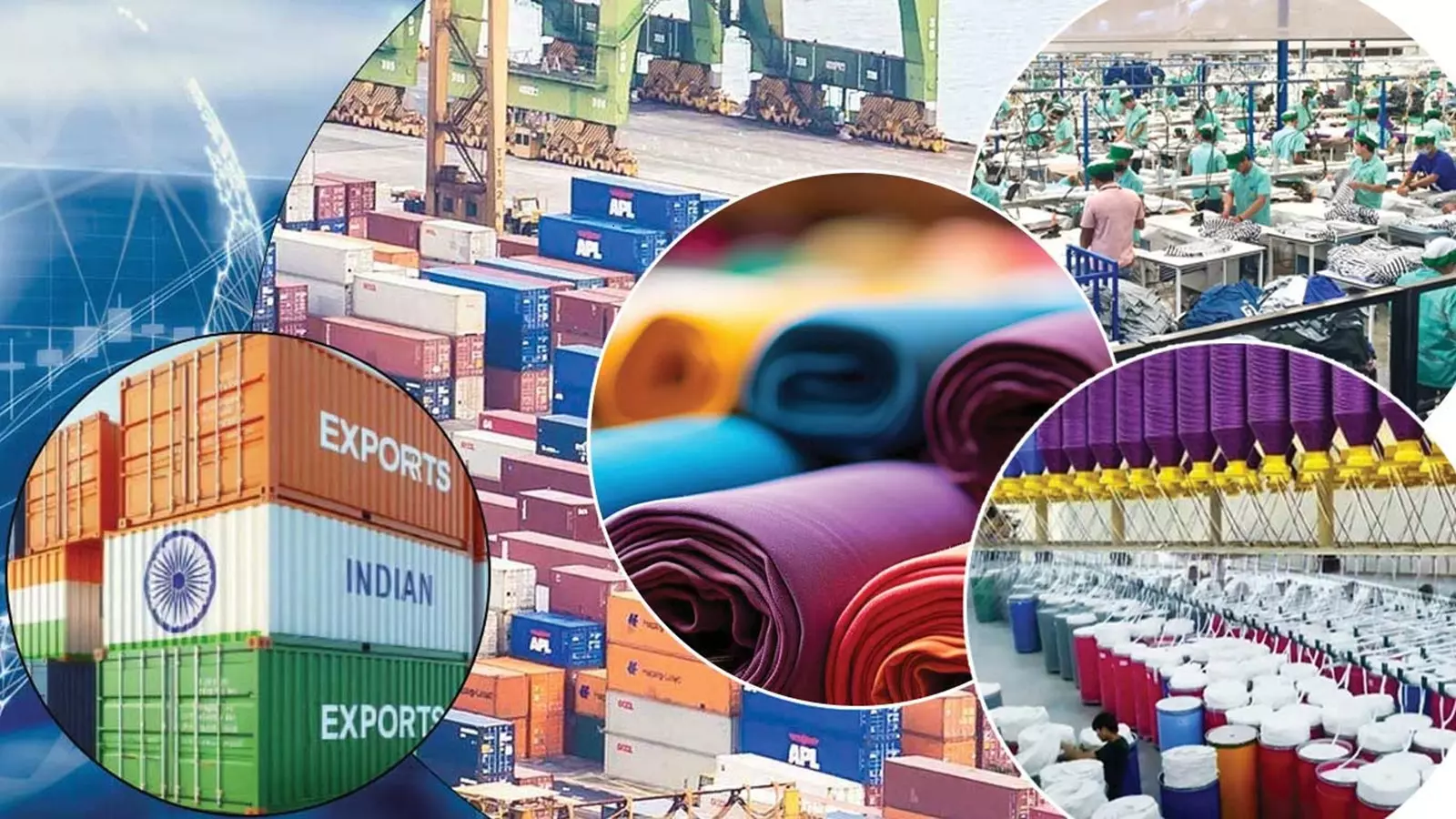

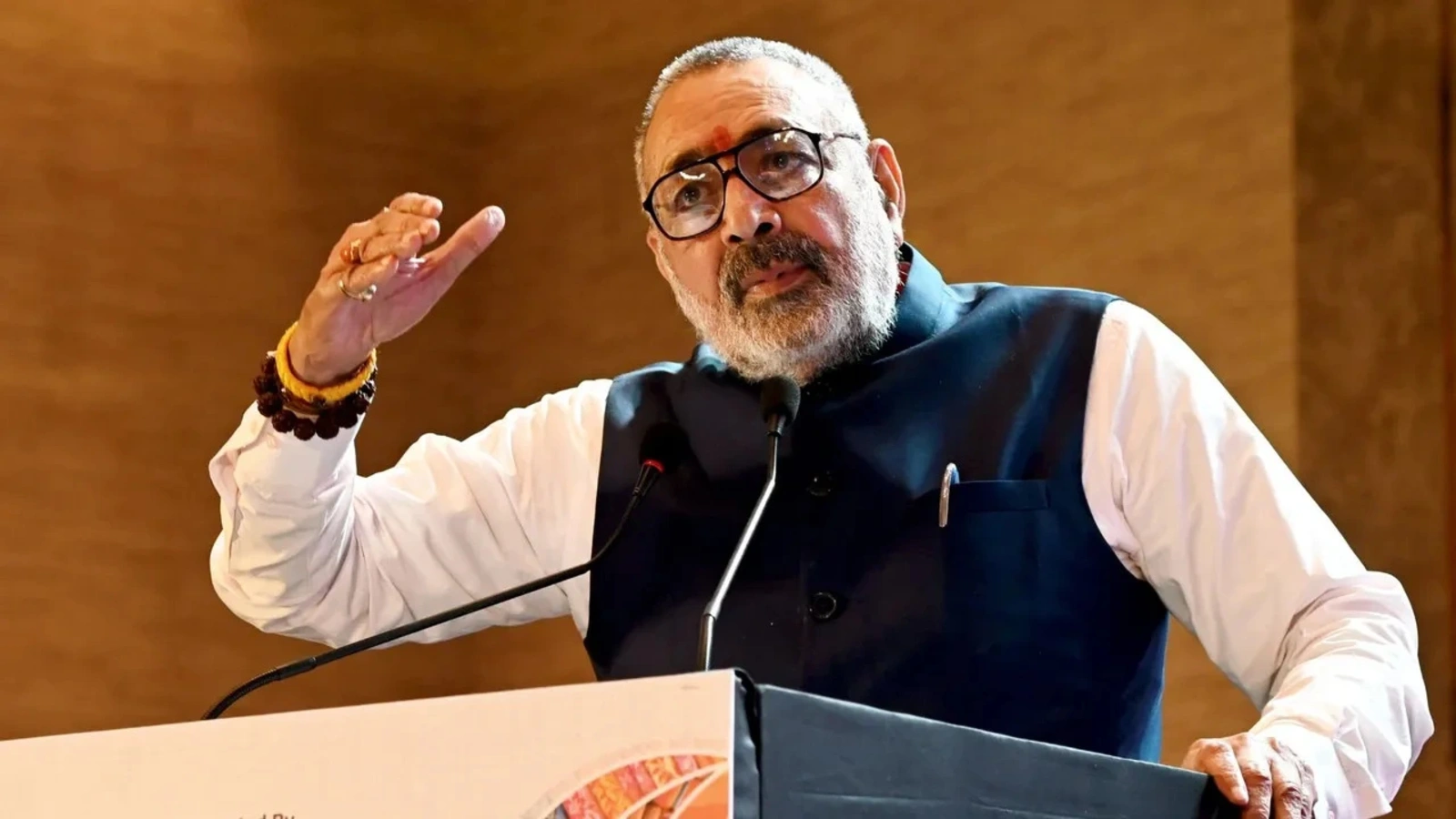
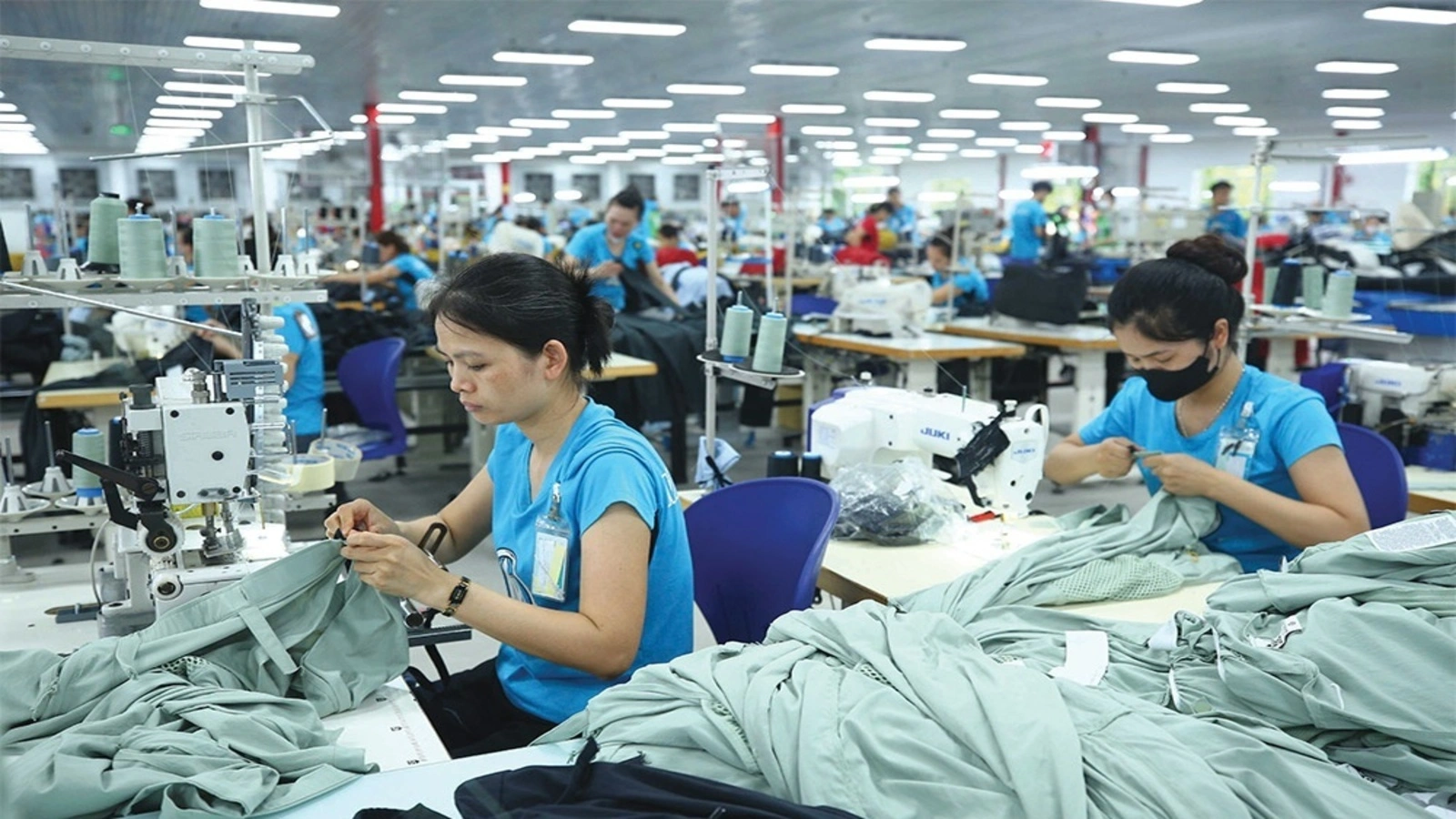
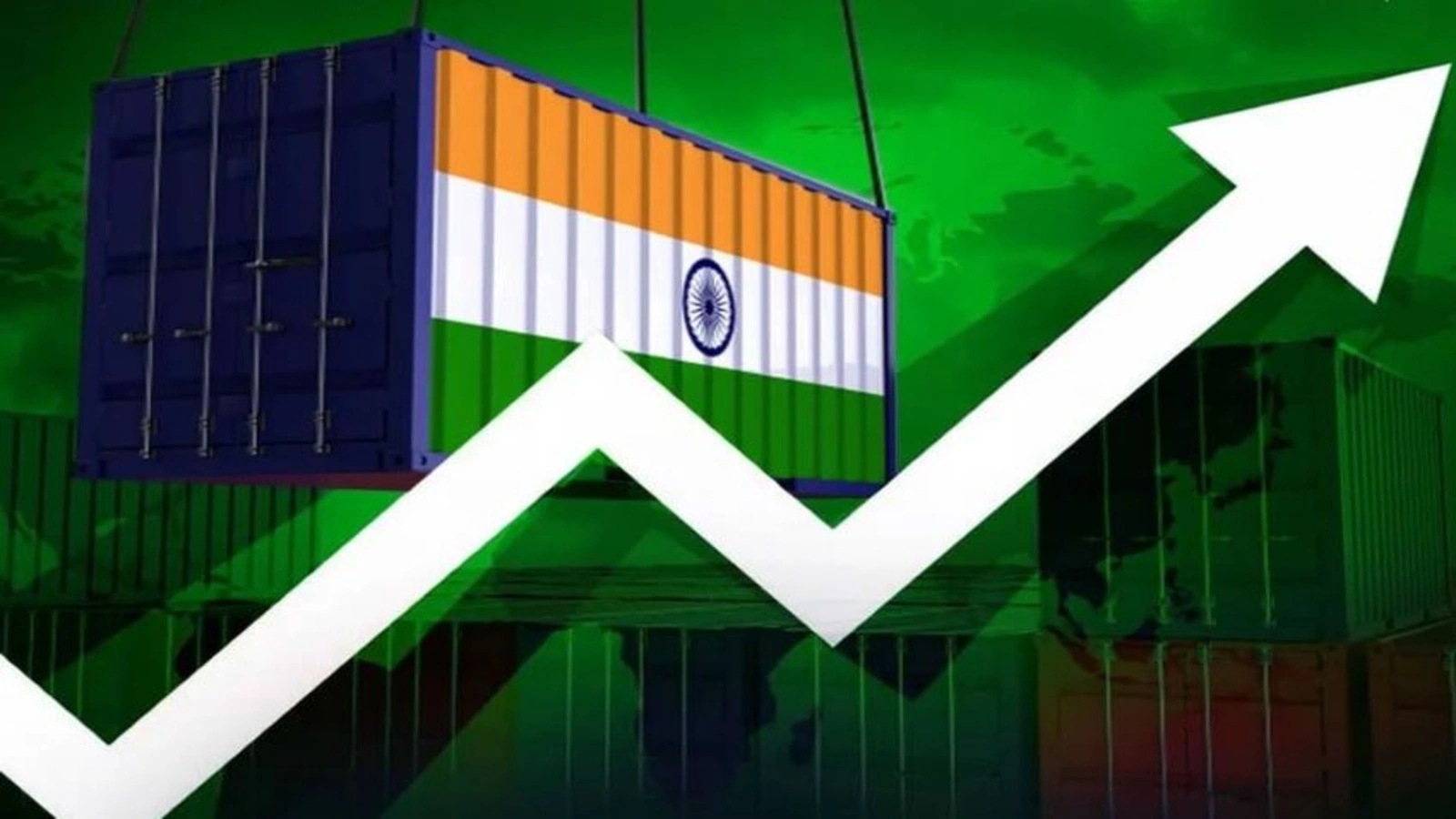
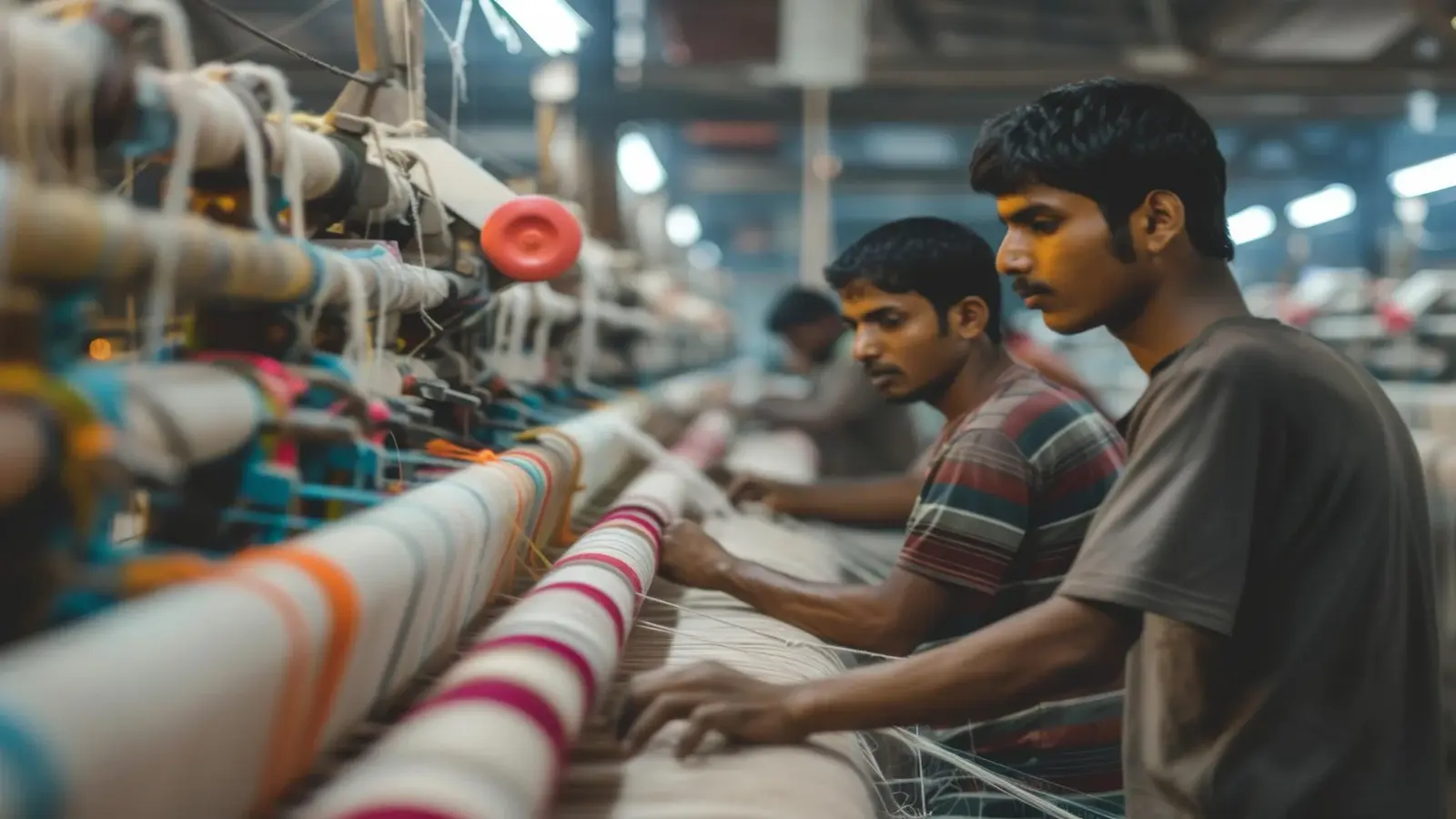
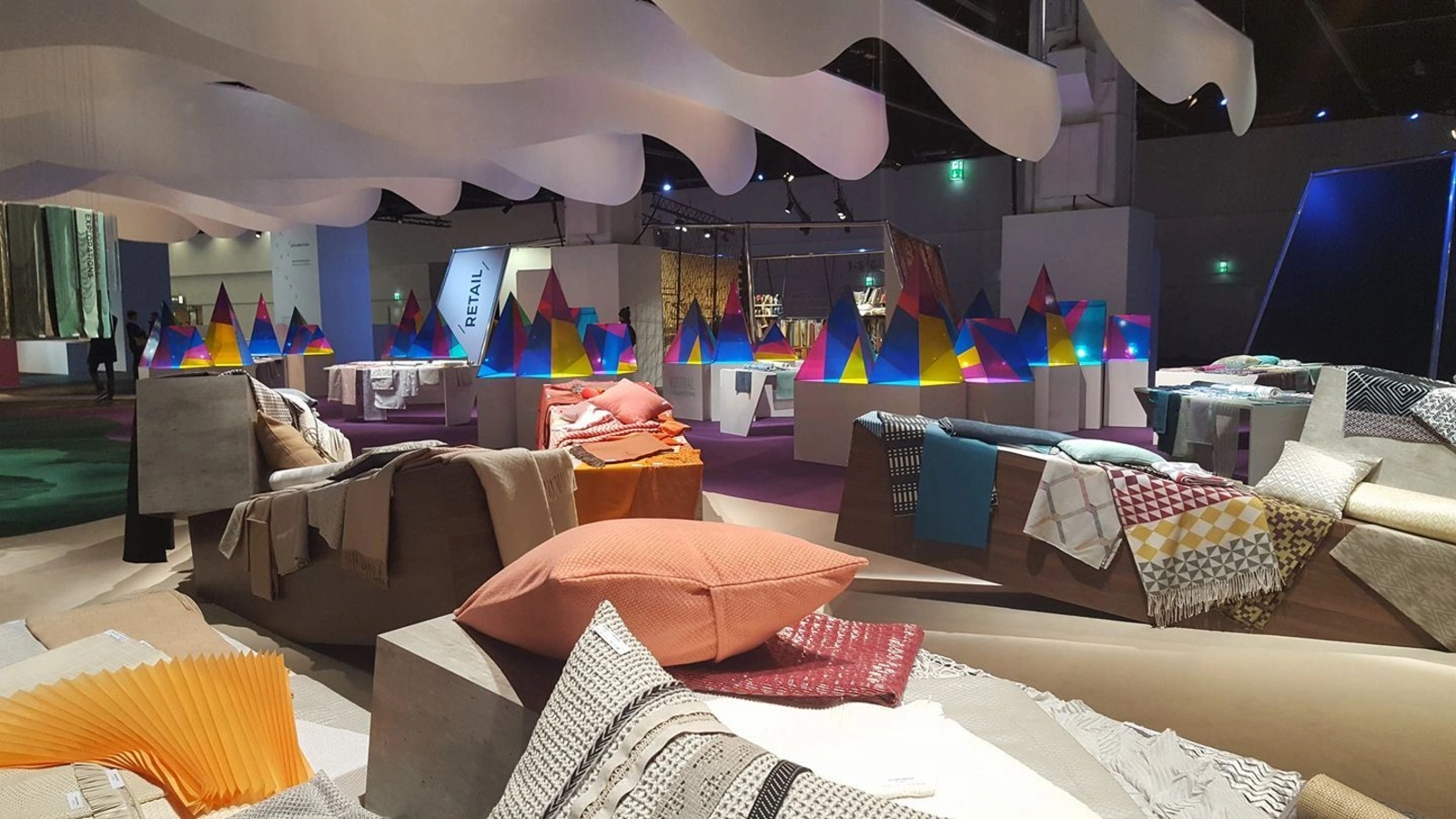
1.webp)
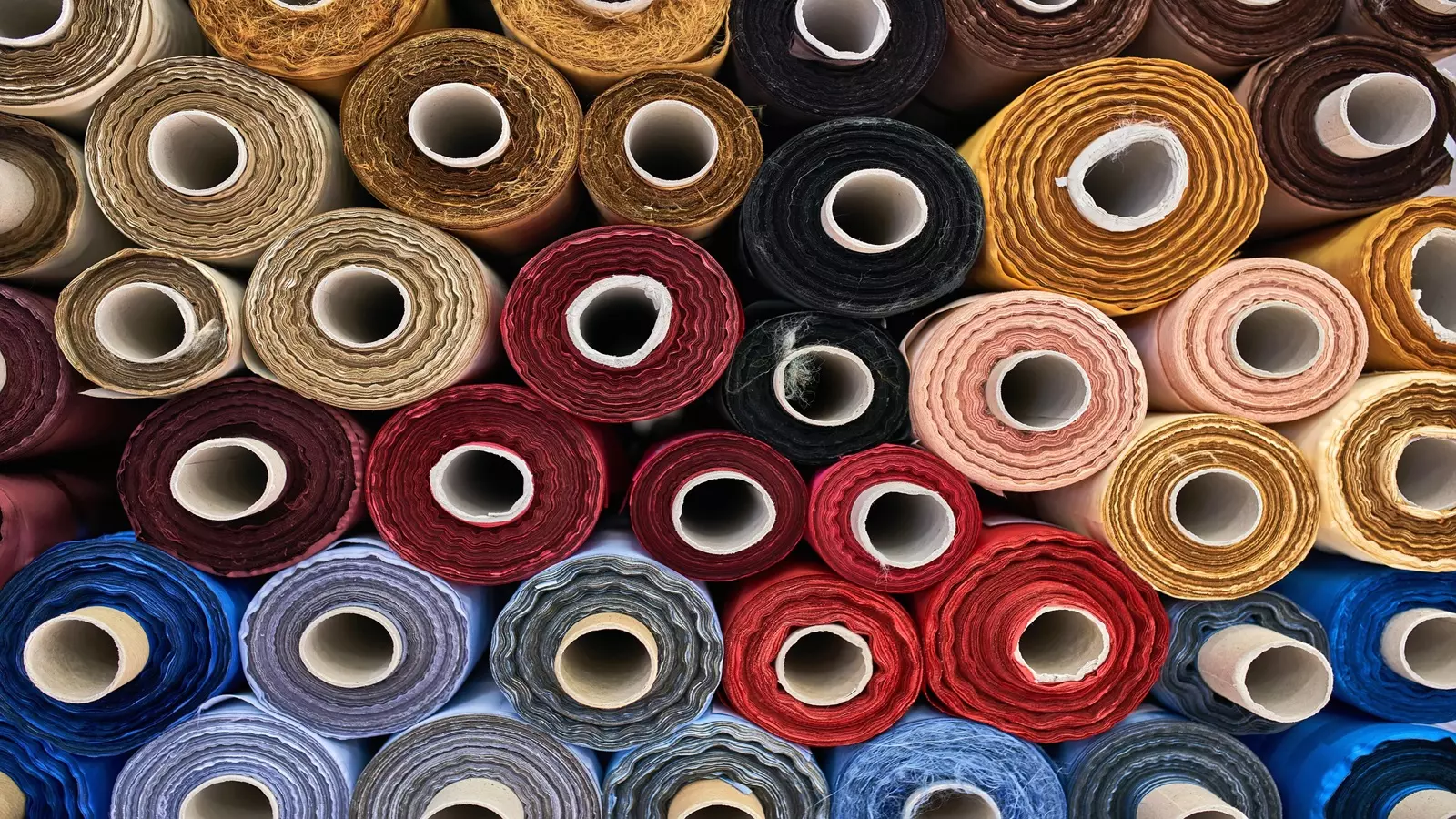





1.webp)

1.webp)
1.webp)
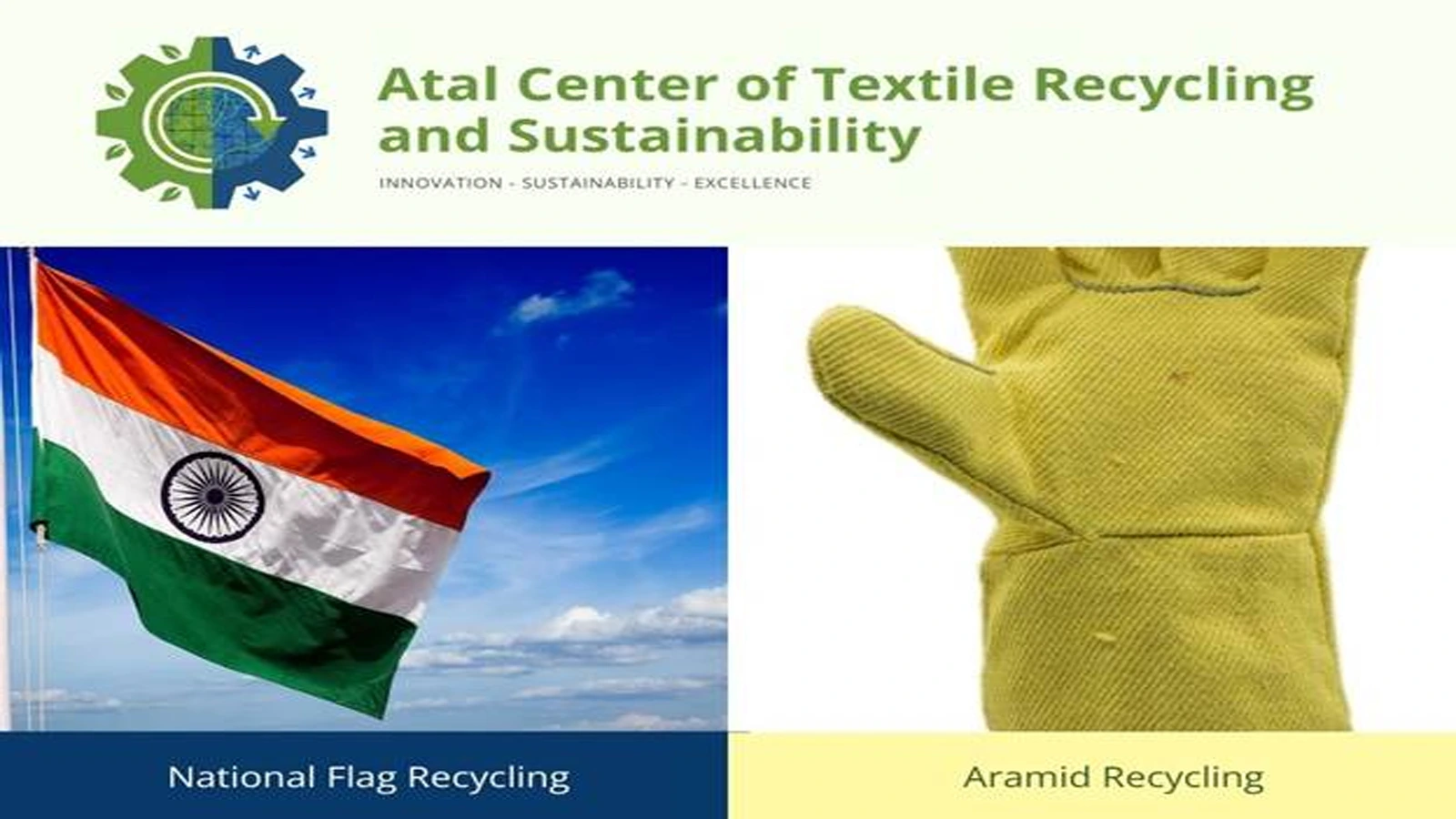
1.webp)

1.webp)

.webp)

1.webp)
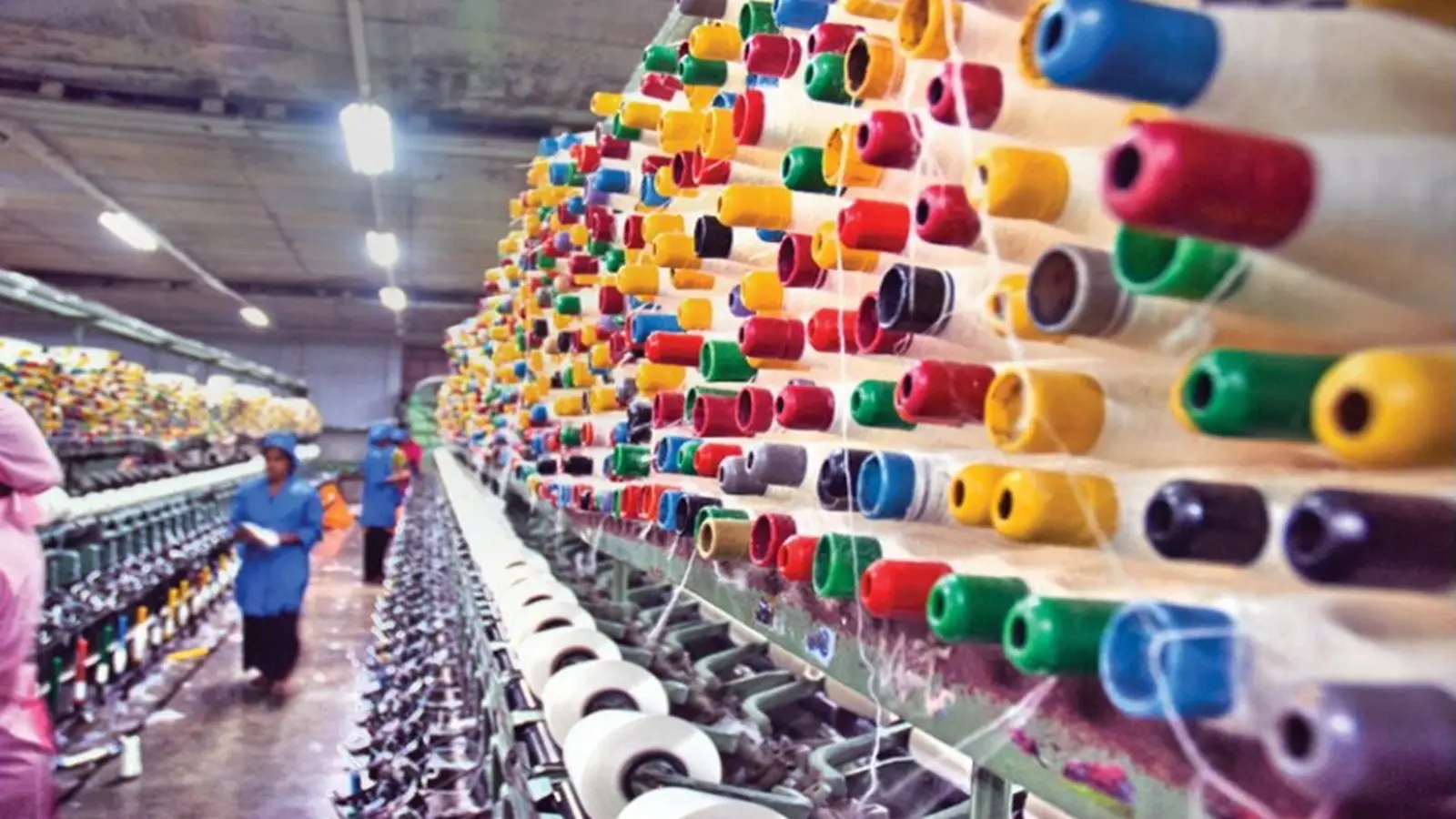
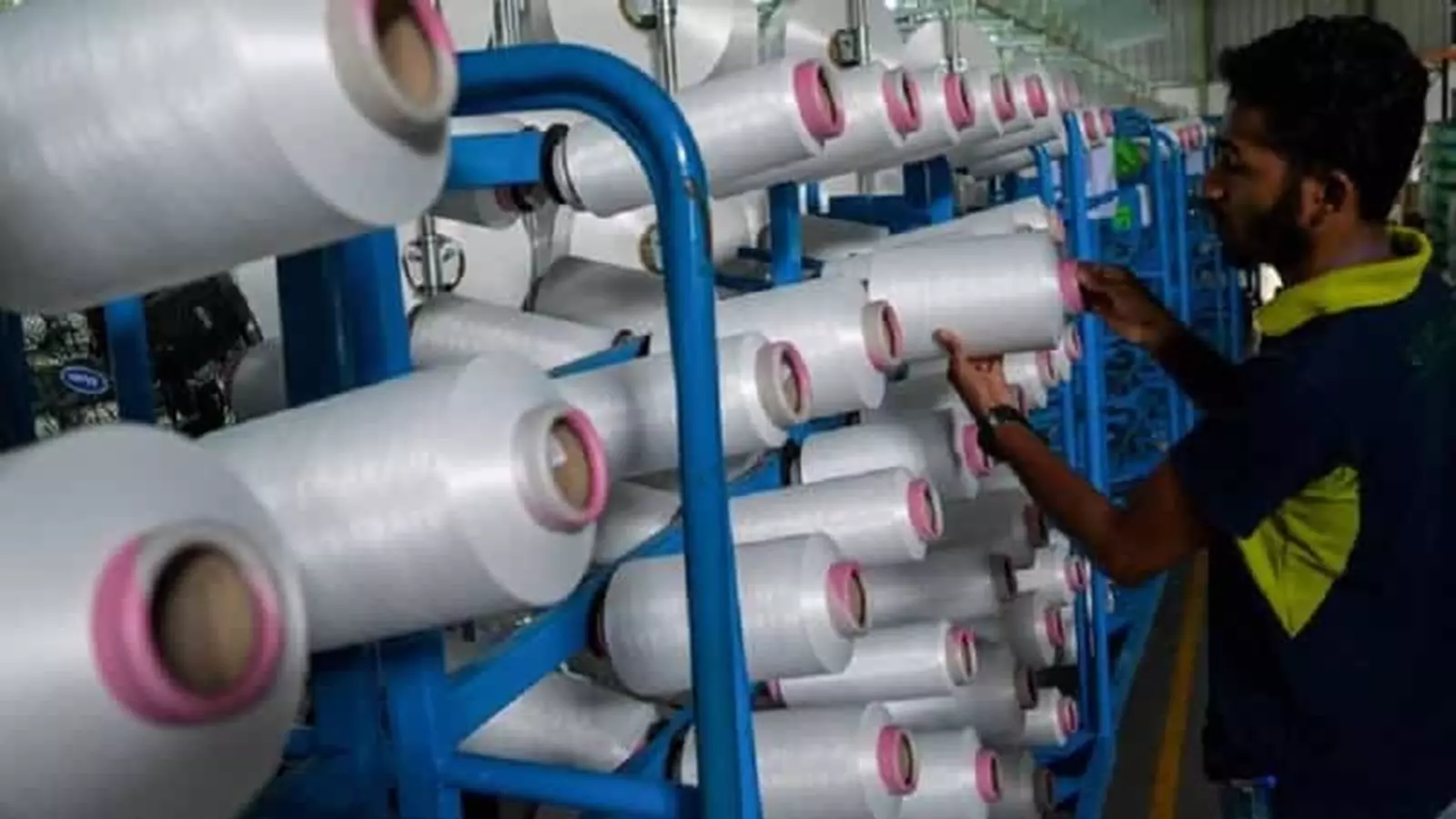

1.webp)
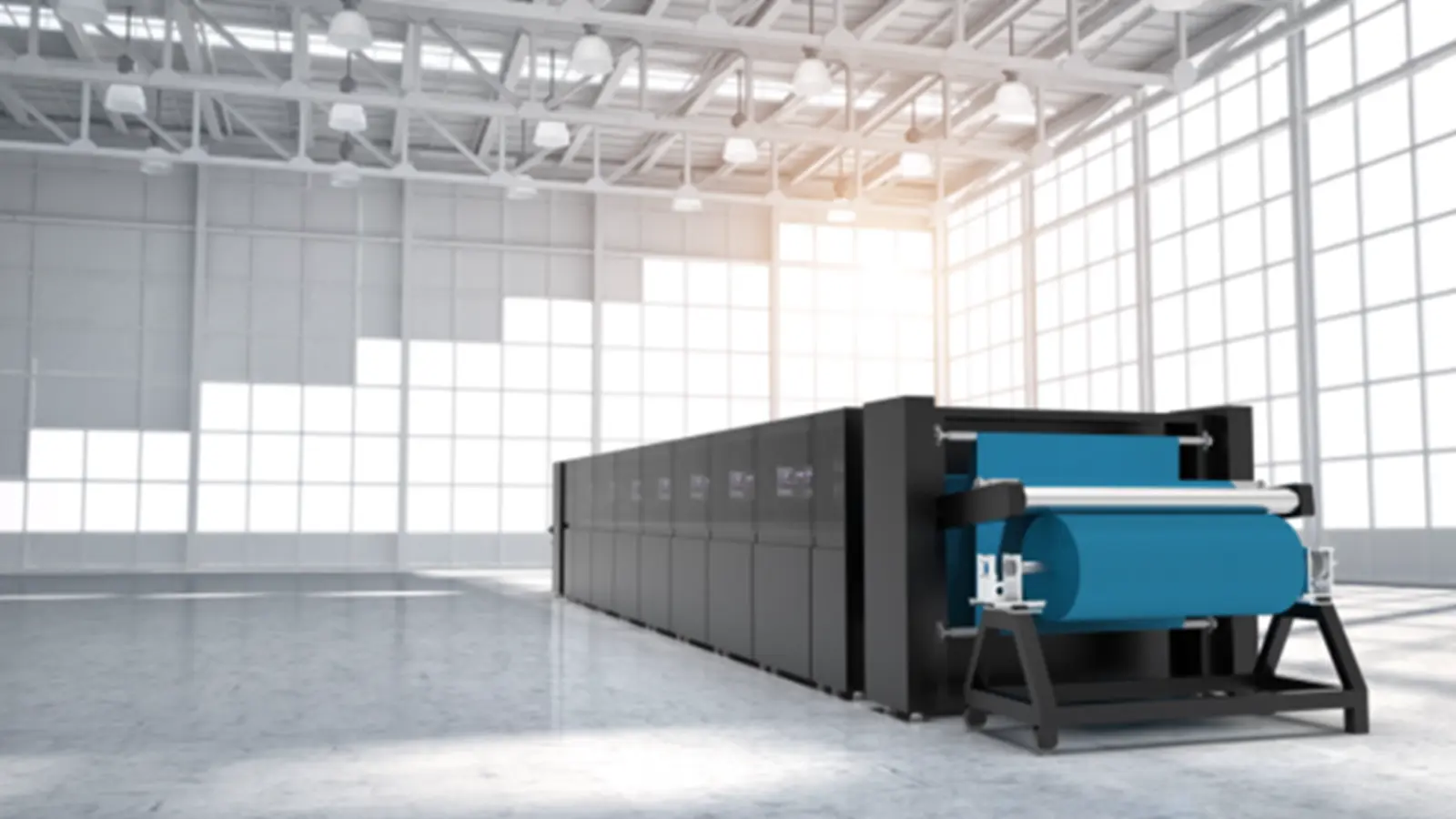






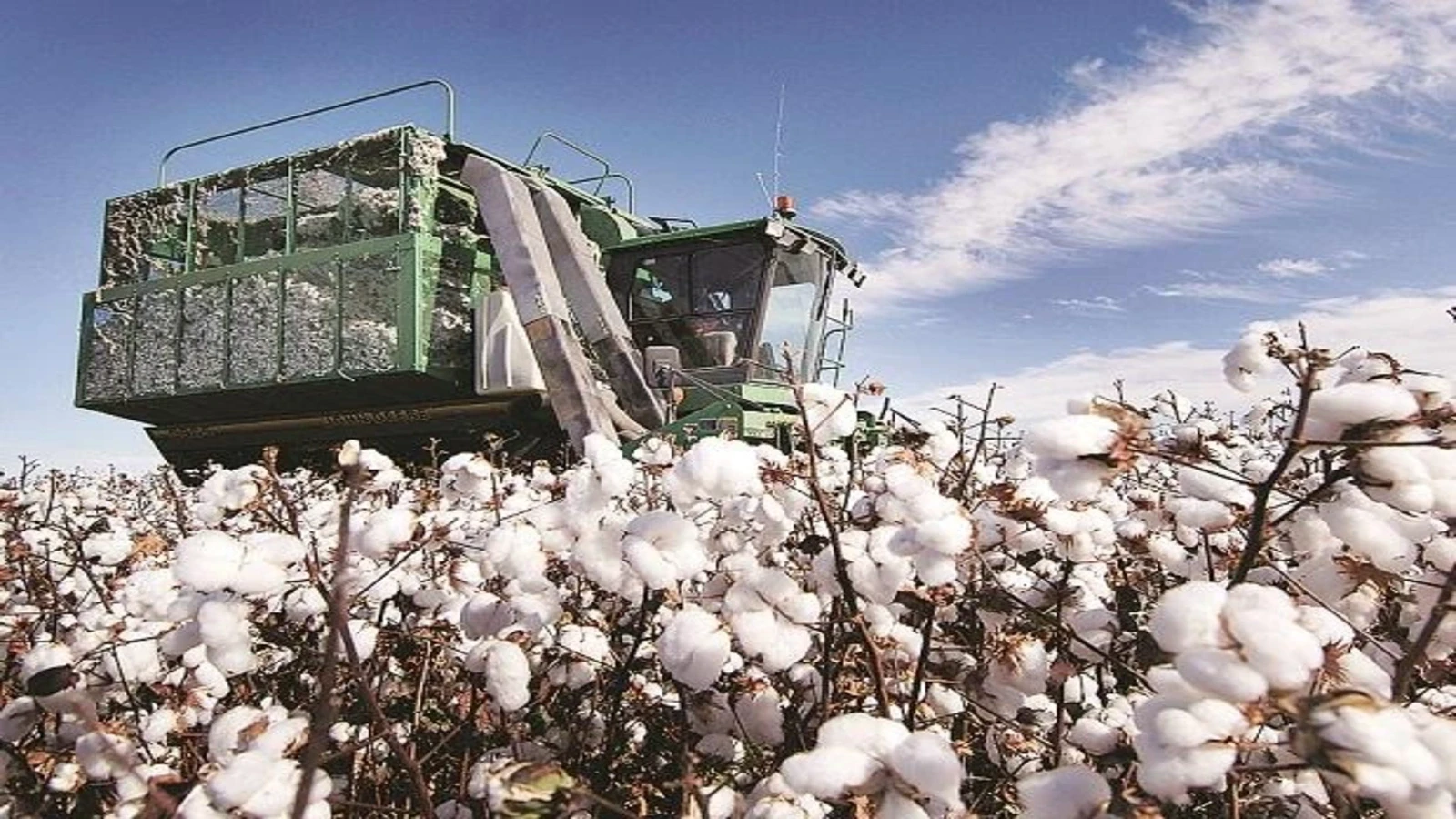
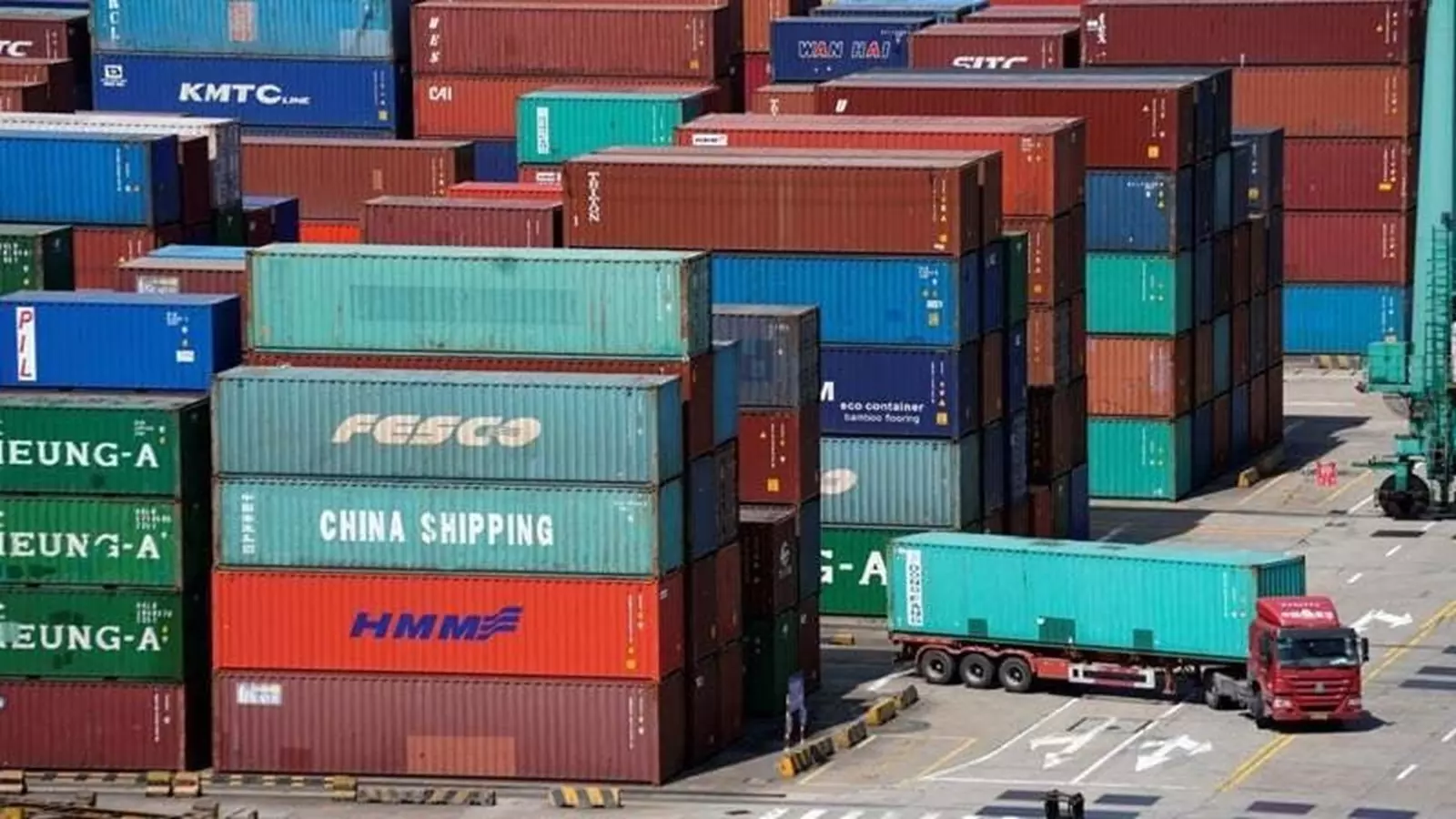
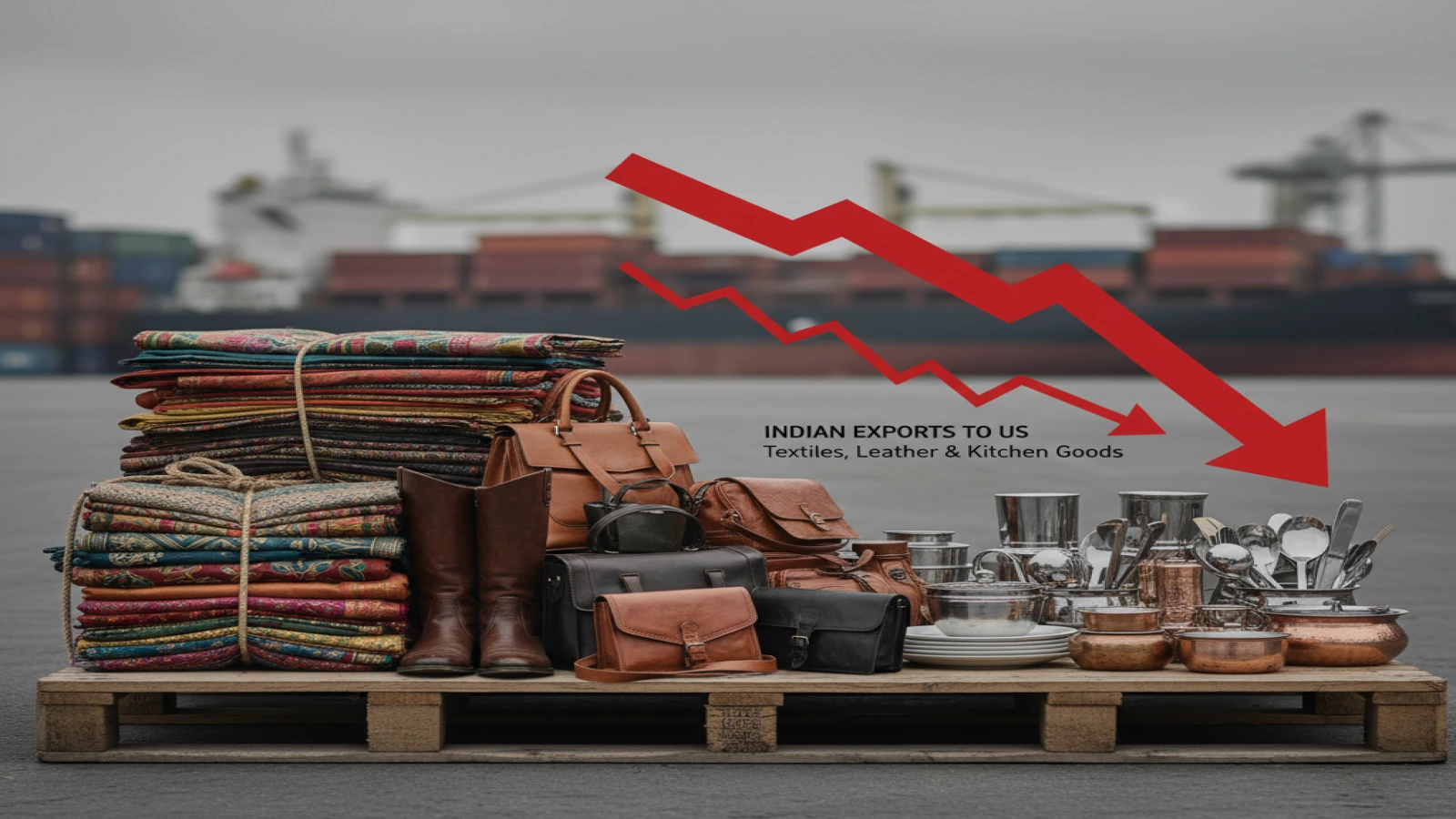
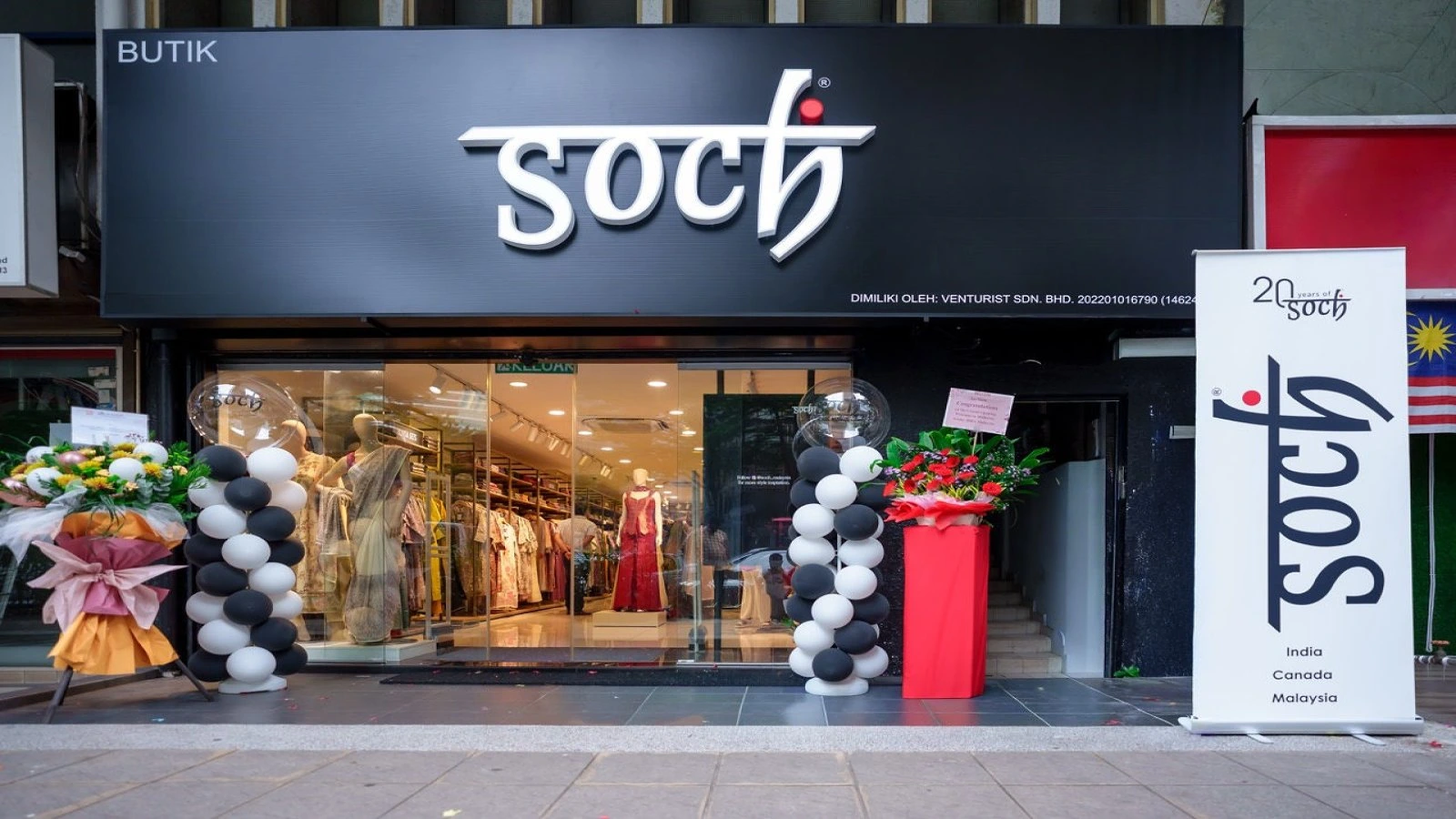
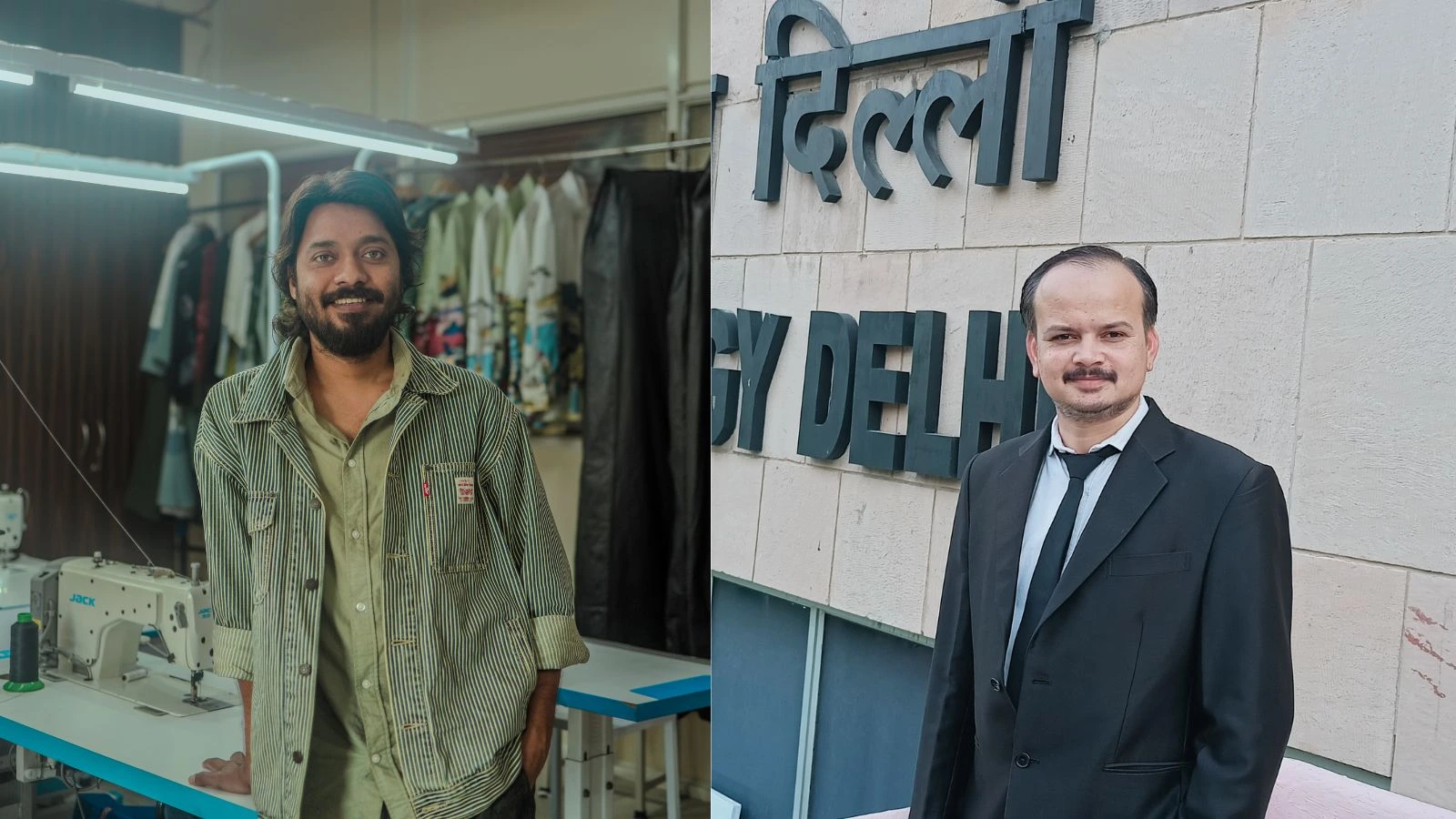

1.webp)
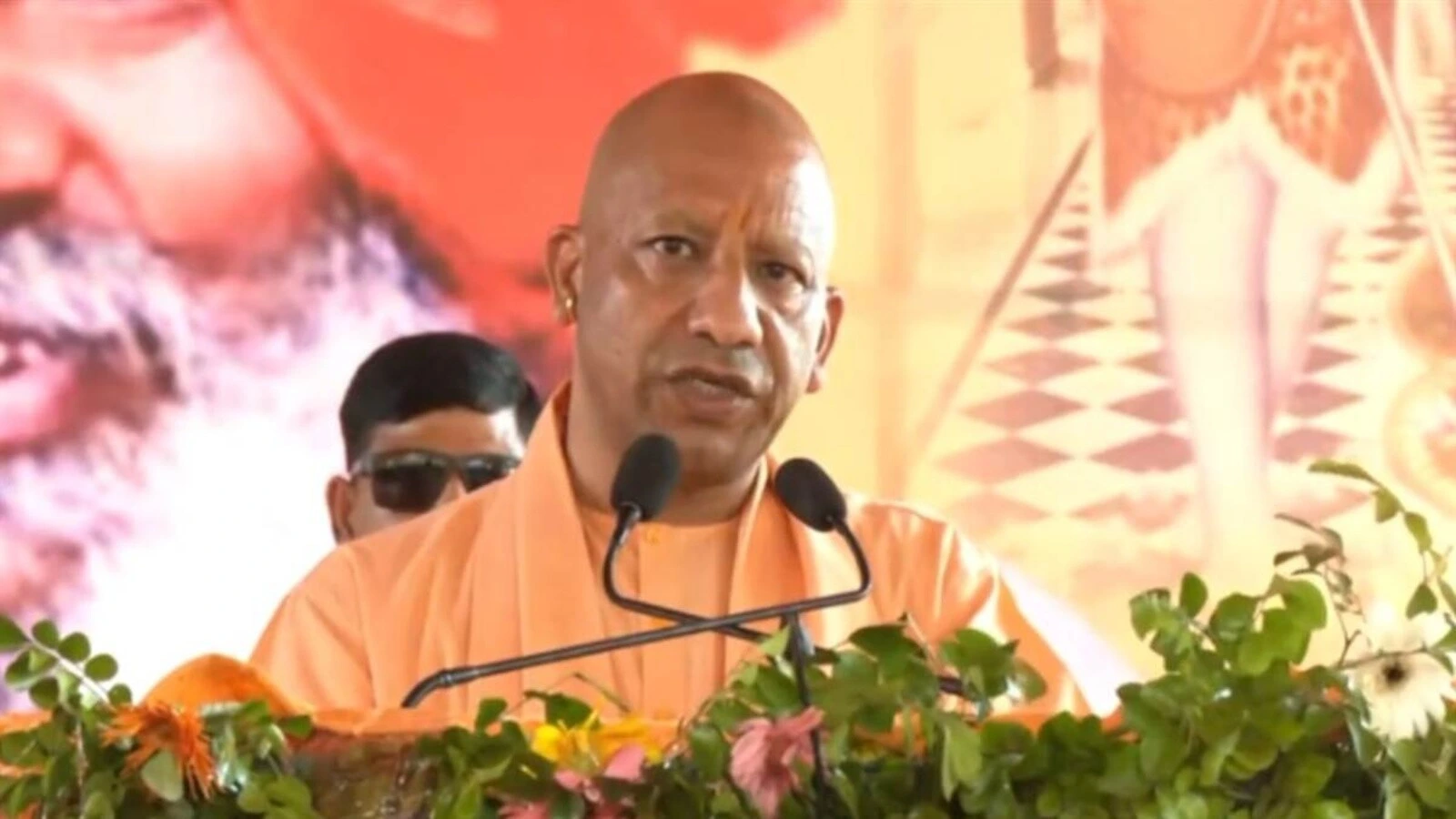
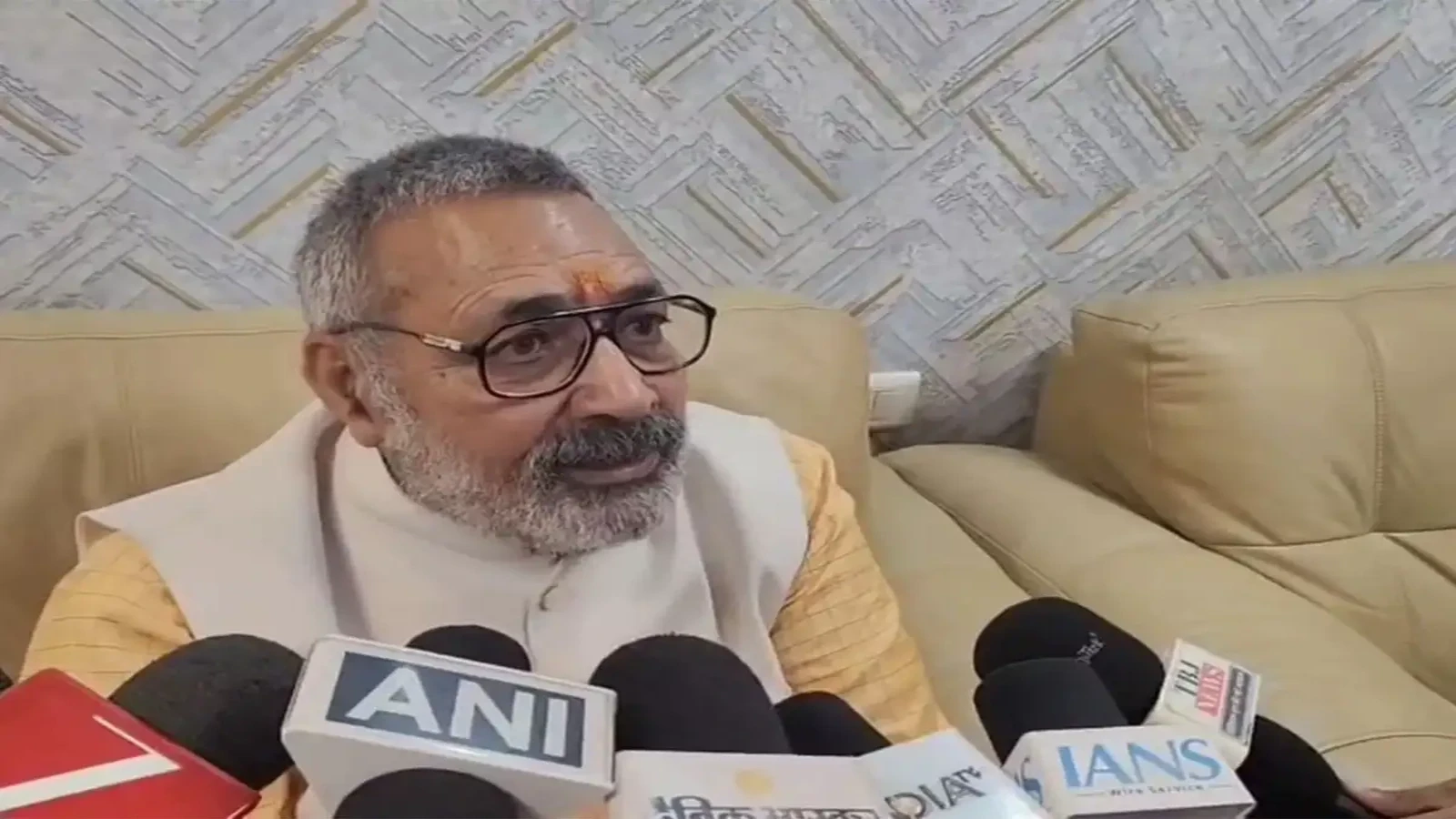

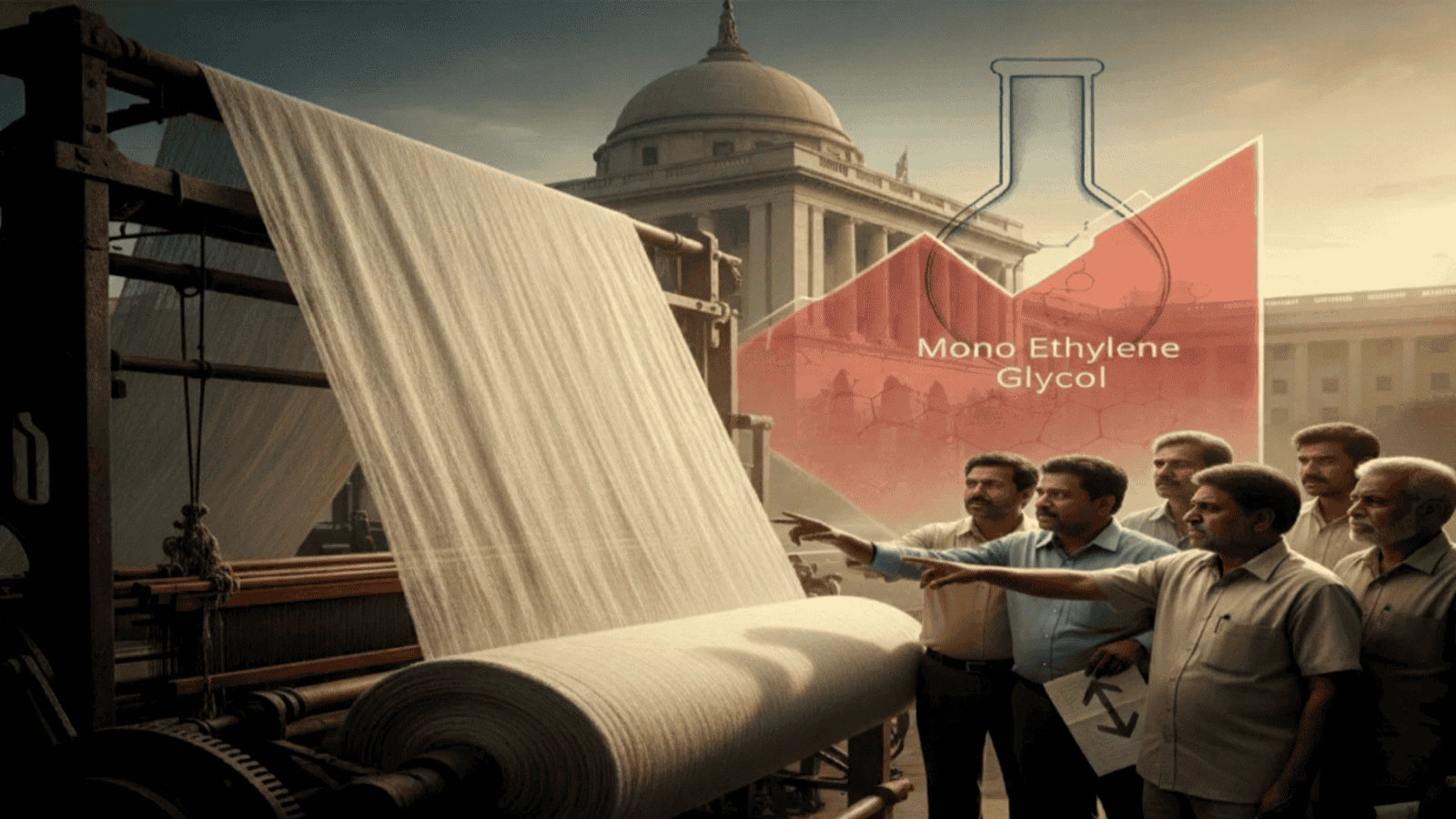

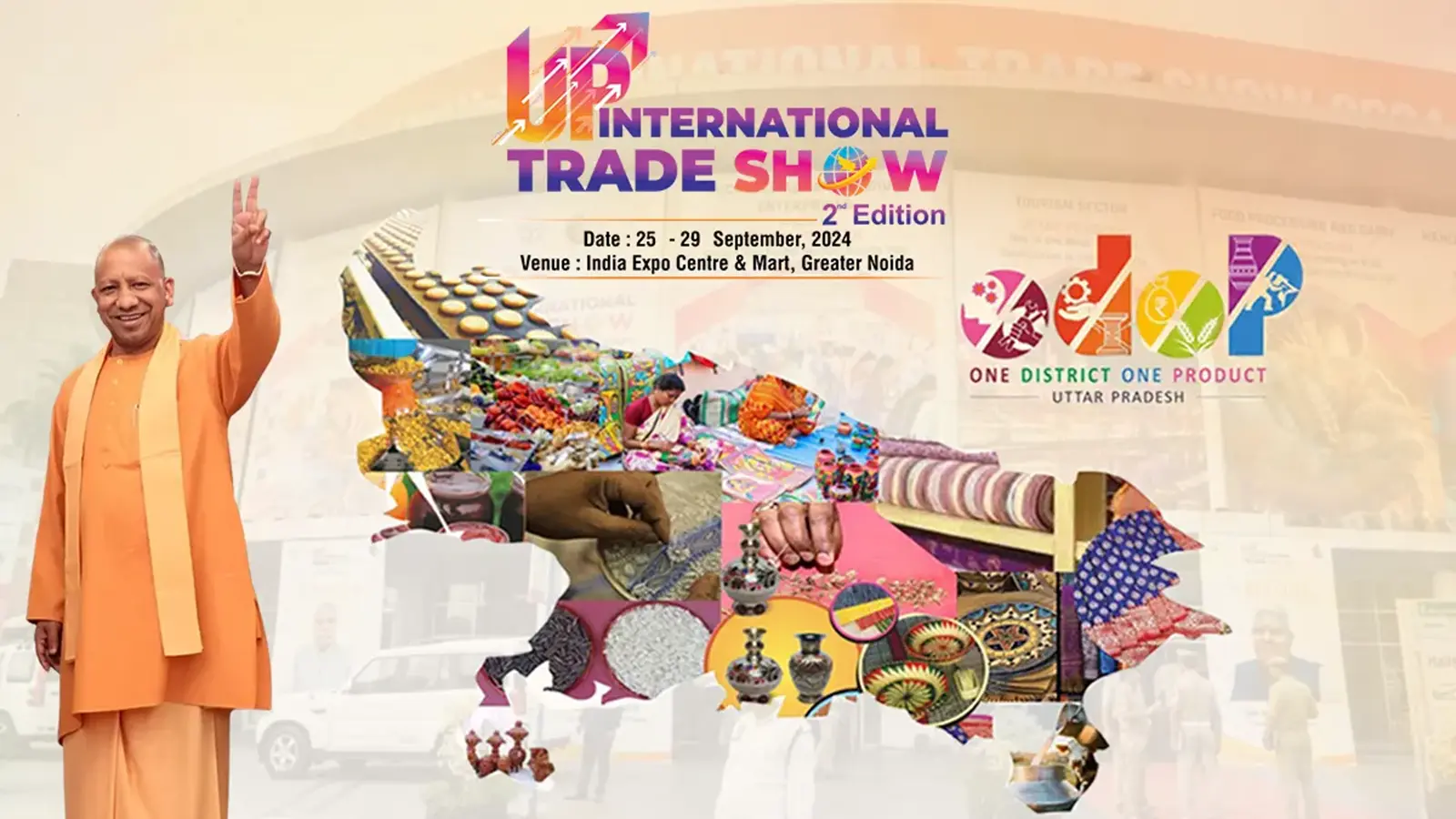
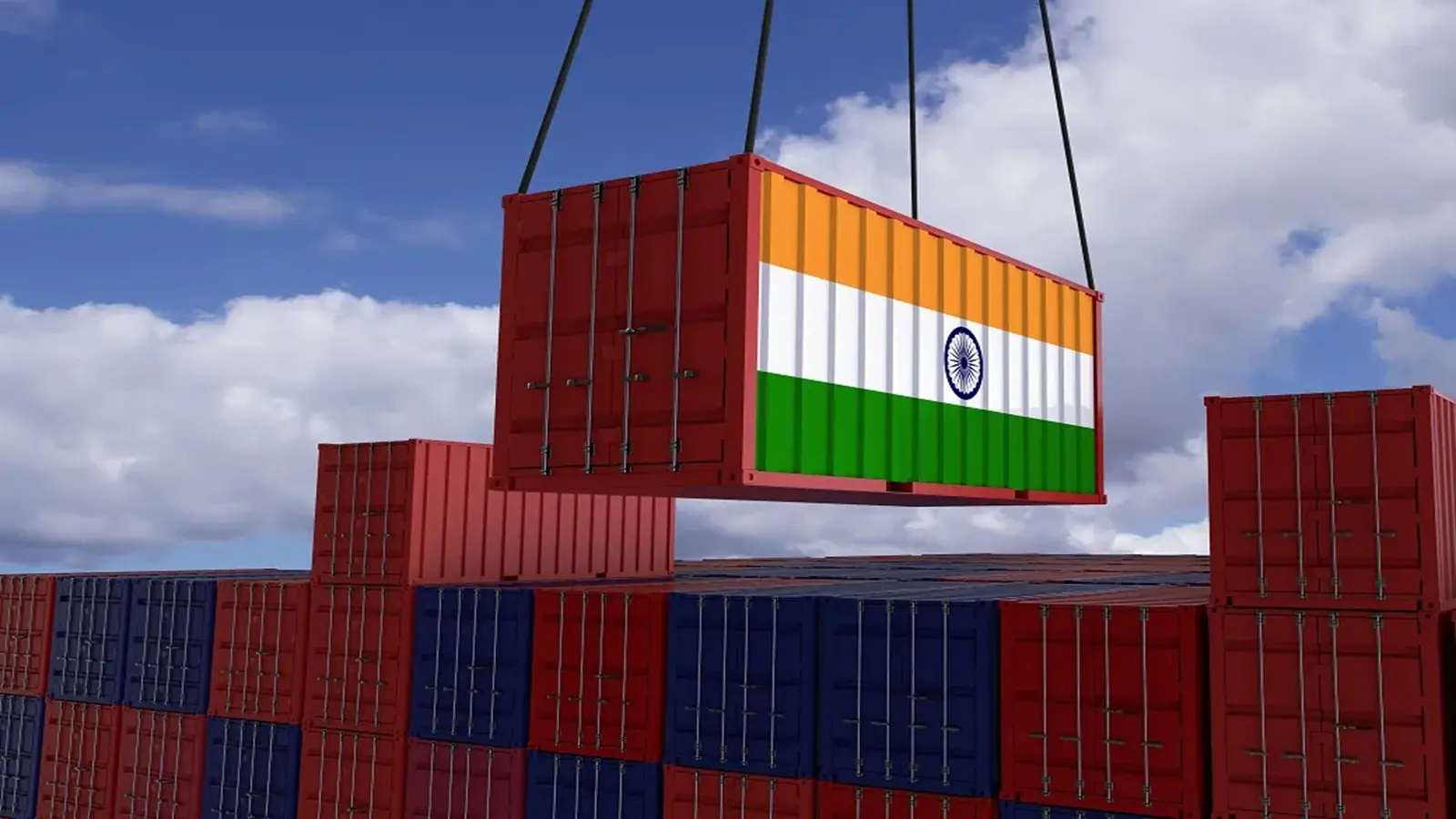

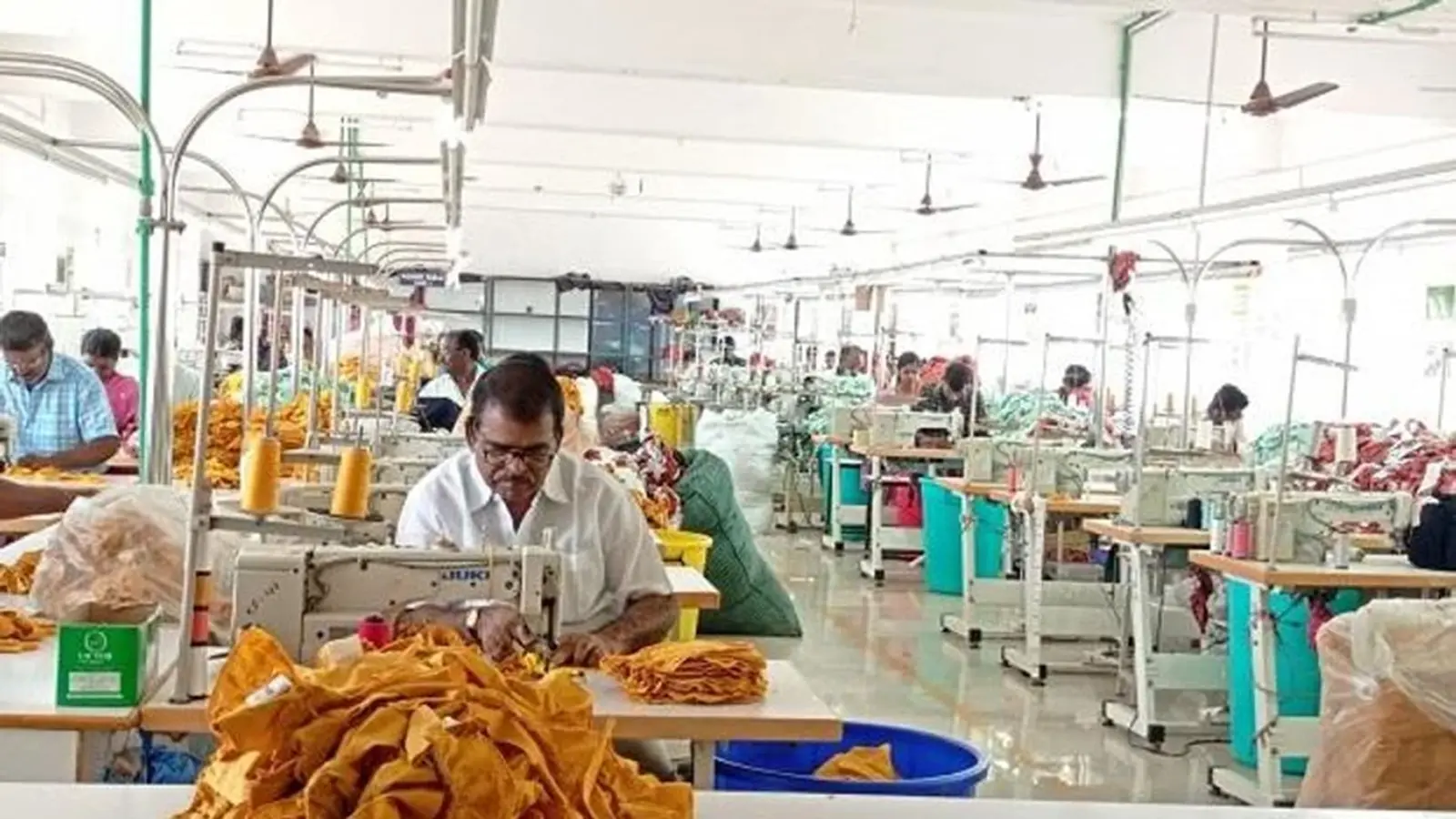
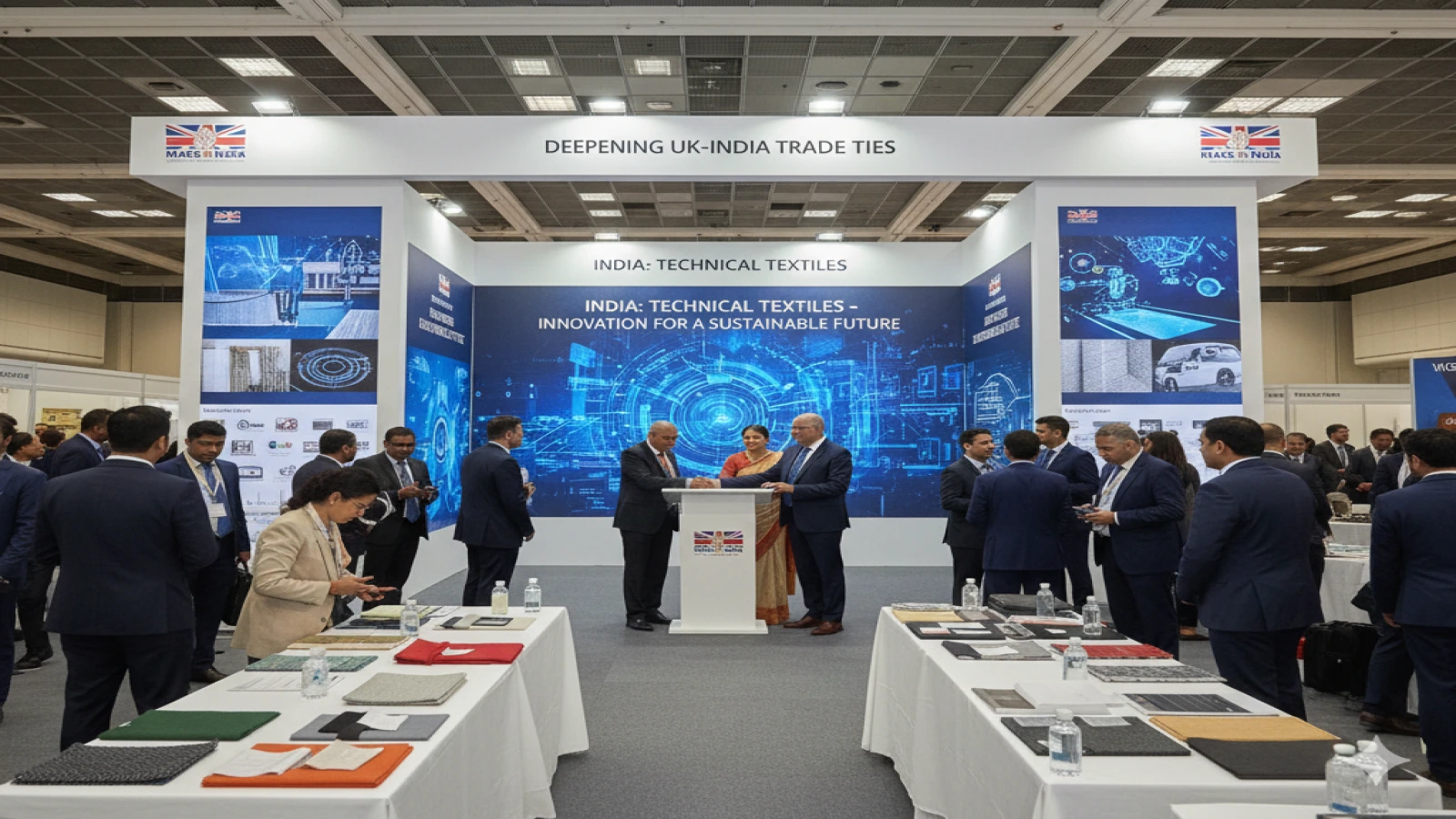


1.webp)


1.webp)

























1.webp)






















1.webp)





1.webp)
1.webp)














1.jpg)






















1.jpg)




























_large1.jpeg)

























































.png)










.jpg)
.jpg)
.jpg)










1.jpeg)